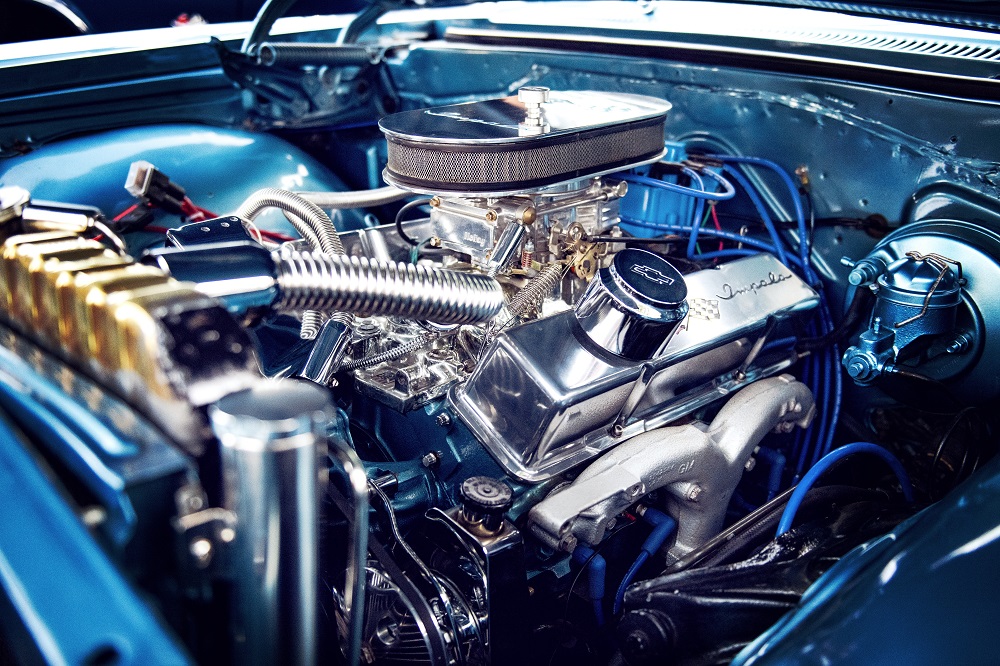How often do you think about your Toyota Camry’s fuel pump? It quietly chugs away as you drive, helping route fuel to your engine and maintain an optimal air-fuel mixture. When things go wrong, however, they really go wrong. With proper maintenance, you can prevent most major issues. Keep reading to learn how to care for your Toyota Camry fuel pump plus a few other tips to maintain it in good working order.
Table of Contents
Understand Your Toyota Camry’s Fuel System
Your Toyota Camry’s fuel delivery system consists of many critical components: the injectors, lines, filter, pump, and tank. Each of these makes an important contribution to the process:
- Tank: holding the vehicle’s fuel supply
- Pump: drawing fuel from the tank
- Filter: Screening out harmful particulates
- Lines: Supplying the injectors
- Injectors: Misting fuel into the cylinders
Failure with any component can lead to serious problems. Common symptoms include poor fuel efficiency, overheating, engine surges, and eventually, complete inability to start.
Replace the Fuel Filter Regularly

Filters perform one important function: keeping whatever passes through it cleaner. Air, oil, and fuel filters are what prevent excess dirt, dust, and other particles from entering the engine via the air, fuel, and oil intakes. Over time, these filters naturally become clogged and filthy. If not promptly replaced, they can block proper flow to the engine. With fuel filters, this leads to some of the aforementioned symptoms.
So, how often should you replace your fuel filter? Most auto experts suggest doing so every two years or 30,000 miles, but your mileage may vary. Newer vehicles may be able to go around 60,000 miles before a fuel filter change. Just like an AutoZone oil change, you should change the fuel filter on a regular consistent schedule. Keep in mind that your typical driving conditions and habits can impact your maintenance needs. When in doubt, check your owner’s manual.
Inspect Fuel Lines and Connections
Fuel lines are another vital link in the fuel delivery system. Damaged, clogged, or leaking lines can lead to serious issues. Even minor abrasions in the lines can jeopardize your Camry’s performance, so it’s wise to observe how it runs and immediately address any irregularities.
Regular fuel line inspections are also key. These inspections can be part of routine maintenance checks or be done on a mileage interval basis. Some experts suggest checking the lines and connections every 10,000 to 15,000 miles, but your manufacturer may have its own recommendations. Your normal road and weather conditions may dictate more frequent inspections — for instance if you regularly drive off-road or in construction areas.
Source the Right Parts
Fuel delivery is just one of many processes and systems that contribute to a vehicle’s performance. From oil and fuel to the electrical assembly and engine control unit, everything must be kept in as best condition as possible. Whether you need a new fuel filter or an alternator for Toyota Camry, shopping at a reputable auto parts and accessories retailer is the best way to ensure you get the quality, selection, and service you desire.

Alex is fascinated with “understanding” people. It’s actually what drives everything he does. He believes in a thoughtful exploration of how you shape your thoughts, experience of the world.



